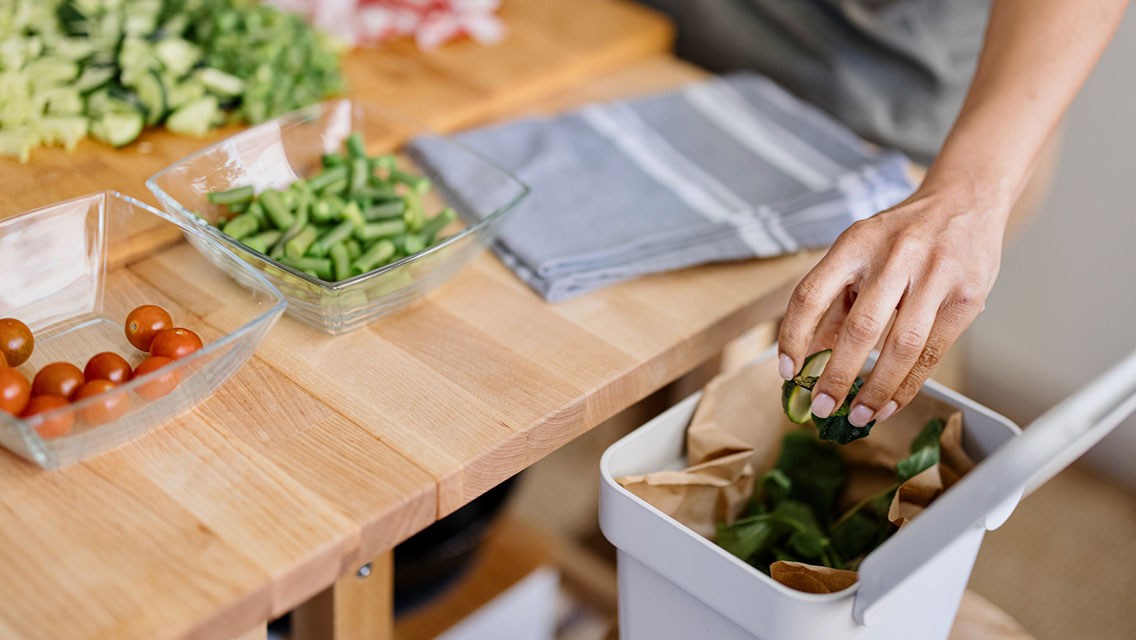Some food and farm activists want to see an official “soil health” label — much like the federally regulated organic label — but there’s nothing quite like that to guide consumers at this time. Finding food grown in good soil requires some detective work. Our experts offer these clues.
1. Buy organic when possible.
Paying extra for organic food will protect you from pesticide, herbicide, and fertilizer residue, as well as subtherapeutic antibiotics in meat and GMO crops. According to a growing body of research, organic food may support the soil in such a way that it delivers more nutrients.
2. Talk to the farmer.
Ask questions the next time you’re at the farmers’ market: Do you practice no-till agriculture? Do you use synthetic fertilizer and killing chemicals? If so, how often? How does your farm promote biodiversity? Are there animals on the farm? Do you live on the farm? According to integrative physician Daphne Miller, MD, author of Farmacology: Total Health From the Ground Up, farmers who live on their land and eat from it themselves are more likely to take good care of their soil.
3. Use all your senses.
When you’re shopping for produce, Miller recommends relying on more than your eyes. “Plants’ interaction with soil and the environment produces strong smells and tastes,” she notes. “These can be markers for higher phytonutrient levels. They’re like mini-medicines and are good for health.”
4. Embrace blemishes.
“I tell my kids that when you see a little bug hole on a fruit or vegetable, that’s often the healthiest one,” says neurologist Maya Shetreat-Klein, MD, author of The Dirt Cure. “That’s the one that has up-regulated phytonutrients to protect and repair itself.”
5. Buy meat, dairy, and eggs from pastured animals.
Pastures are intact landscapes with healthy soil (most are rarely tilled or sprayed with agrochemicals), and the wide variety of plants growing there provide great forage. “Much of what grows in a native grassland or healthy pasture has some medicinal use,” says Didi Pershouse, author of The Ecology of Care. “Grazing animals are basically eating herbs all day long, and many of those plant essential oils have positive health benefits.”
6. Grow your own food.
Nothing is fresher and has more intact nutrients than something picked minutes before you eat it. (Of course, you need to start with healthy soil! Check with your local university extension service for advice on how to create your own healthy-soil ecosystem.) Miller suggests concentrating on growing nutrient-dense plants like herbs and bitter greens.
For more on the soil-health connection, watch for the full article “The World Beneath Our Feet” in the upcoming April 2017 issue of Experience Life.




This Post Has 0 Comments